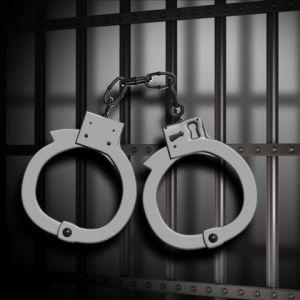The war on drugs took a battering this past election season. Not only did Oregon, Alaska and Washington D.C. vote to legalize marijuana, but California, which has already legalized medical pot, passed a proposition that defelonizes the possession of other types of drugs, including all the harder stuff. Now, some Washington state legislators intend to introduce a bill this session that would follow California’s lead.
Under current state law, possession of any drug other than marijuana, legalized under Initiative 502, is a felony that carries a potential five-year prison sentence, according to a press release issued this morning by Sensible Washington, the group that pushed a failed pot legalization initiative prior to 502. The bill the group is backing would make such drug possession a misdemeanor, dramatically reduce the maximum penalty to 90 days.
“It is past time for the Legislature to catch up to the public and to the overwhelming body of scientific evidence that shows that the best way to reduce crime and drug use is to take a public health-based approach, not a criminal approach, to fighting the problem,” one of the intended bill’s co-sponsors, Rep. Joe Fitzgibbon, a Burien Democrat, said in the release.
Does the bill have a chance? As the release points out, it will be identical to a bill that was submitted last year. House Bill 2116 got a hearing, but otherwise stalled.
What’s more, the coming session is going to be a monster. The legislature has to approve a biennial budget. It is under the gun to come up with much more education funding or face sanctions under a contempt ruling issued this fall by the state Supreme Court, which is monitoring progress in the McCleary case. And voters in November threw a wild card at legislators by approving an initiative that mandates lower class sizes, which is expected to cost billions of dollars.
If that wasn’t enough to occupy legislators, they already have a pressing drug issue on the agenda. They really must figure out way to integrate the unregulated medical marijuana market into the newly regulated recreational system. Unable to agree last year, they are expected to face several bills on the subject in January, including one just announced by Sen. Jeanne Kohl-Welles.
Yet Sensible Washington spokesperson Anthony Martinelli says of the defelonization bill, “I absolutely believe it has a chance.” Speaking to Seattle Weekly by phone this morning, he relates that last year’s HB 2116 actually had the votes it needed to pass the House Public Safety Committee. But the chair, Rep. Roger Goodman, decided to postpone the vote until this year in order to rally even wider support in the legislature at a whole. “He didn’t want to push it without a single Republican supporting it,” Martinelli says.
This year, at least a couple of Republicans are on board, although they weren’t ready to put their names to a press release, according to Martinelli. The bill will also have more co-sponsors than last year and a companion bill in the Senate, which wasn’t the case last time around.
The budget, Martinelli says, may also work in the bill’s favor. Because it would dramatically reduce the amount of time drug offenders spend in prison, the bill would decrease state spending by as much as $20.7 million by 2019, according to a fiscal note prepared for last year. “This is a way to save a lot of money,” he says.








